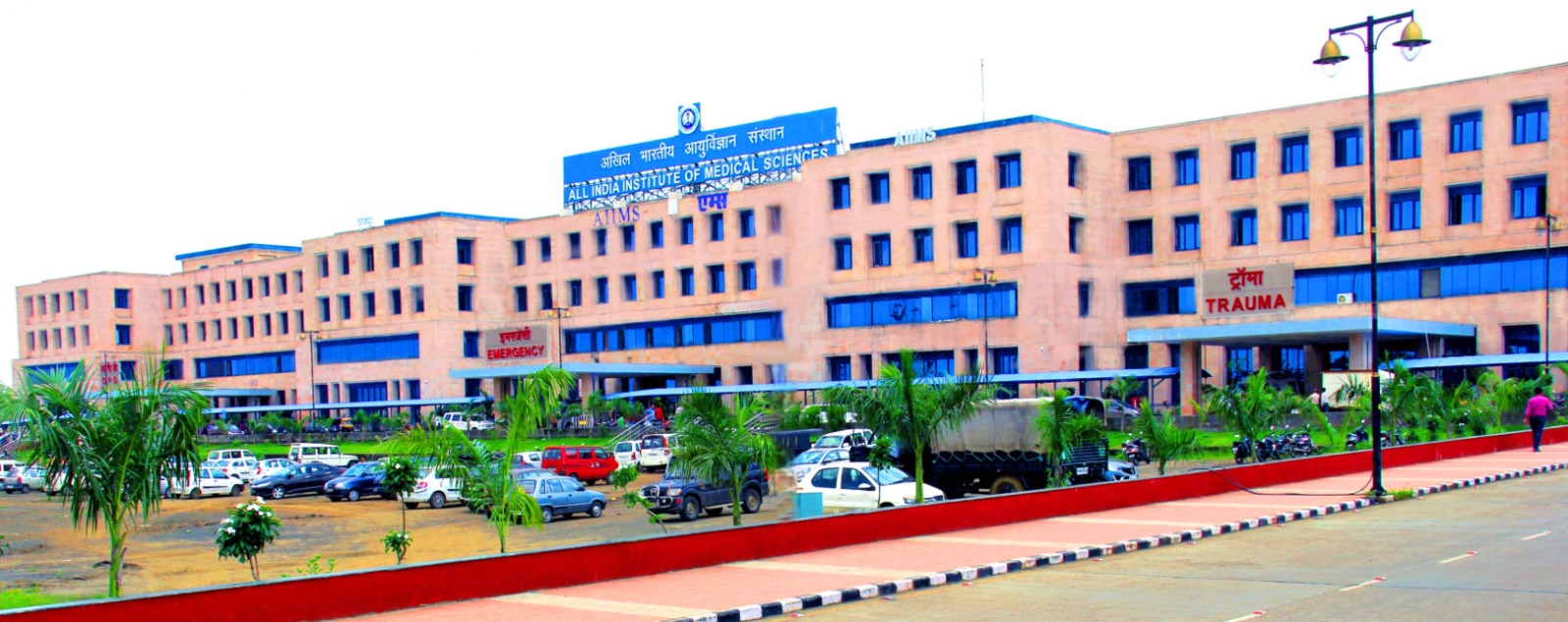CNN Central News & Network–ITDC India Epress/ITDC News Bhopal: AIIMS Bhopal Launches 30-Day “Yoga for Health” Campaign Ahead of 11th International Yoga Day
Under the guidance of Executive Director Prof. Ajay Singh, AIIMS Bhopal is launching a 30-day campaign titled “Yoga Rakhe Nirog” (Yoga Keeps You Healthy) in celebration of the 11th International Yoga Day. This initiative aims to promote the numerous health benefits of regular yoga practice within the community.
The campaign, run by the AYUSH Department, seeks to inspire people to integrate yoga into their daily lives for a disease-free, healthy lifestyle. The motto “Learn Yoga Daily, Stay Healthy Always” encapsulates its goal. Each day, participants will be introduced to a new yoga pose, along with information on the benefits of that particular asana or pranayama. This effort not only raises awareness but also encourages individuals to take personal responsibility for their health. The public is urged to share and spread this message widely.
Scientific Foundation: AIIMS Bhopal’s Groundbreaking Study on Breathing Techniques
To strengthen the scientific foundation of this campaign, AIIMS Bhopal’s Departments of Physiology and AYUSH recently conducted a significant study. This research focused on specific breathing techniques such as Right Nostril Breathing (RNB) and Left Nostril Breathing (LNB). The study found that these techniques positively influence Heart Rate Variability (HRV), a key indicator of autonomic nervous system function and heart health.
Conducted on 20 experienced yoga practitioners, the study revealed that just five minutes of pranayama led to increased calming activities in the body, reduced stress, and lowered pressure on the heart.
Speaking about the findings, Dr. Varun Malhotra, faculty member and lead researcher at AIIMS Bhopal, stated that pranayama slows down breathing, which in turn calms the heart rate and relaxes the body. “Our study observed that heart rates dropped during practice, shifting the body toward a parasympathetic (rest-and-digest) response. Both techniques were beneficial, but LNB (left nostril breathing) had a slightly greater calming effect,” he said. This aligns with ancient yogic texts that describe LNB as cooling and calming, and RNB as energizing.
The study has been published in the Journal of Education and Health Promotion, emphasizing that pranayama is a simple, non-pharmacological intervention with profound benefits for cardiac and mental health.
Dr. Danish Javed, Senior Medical Officer at AIIMS Bhopal’s AYUSH Department, shared that during the COVID-19 pandemic, the institute started online yoga sessions for patients, which proved highly beneficial. Patients reported reduced stress and improved mental well-being. Today, AIIMS Bhopal continues to organize regular yoga and meditation sessions for patients.
On this occasion, Prof. Ajay Singh remarked, “At AIIMS Bhopal, we are committed to validating traditional Indian health practices through modern scientific research. This study shows that even simple breathing techniques can significantly enhance heart health and stress management. Our aim is to make such practices a core part of preventive and promotive healthcare.”
While the study highlights the immediate effects of pranayama, the researchers recommend further investigation into its long-term benefits. In an era marked by lifestyle diseases, such research holds critical importance. As Madhya Pradesh moves toward integrating yoga with health and tourism, AIIMS Bhopal’s work marks a significant step in bridging ancient wisdom with modern science.
#Pranayama #AIIMSStudy #HeartHealth #StressRelief #YogaBenefits #MentalWellness #IndianResearch #BreathingExercises #Ayurveda #HealthyLiving







